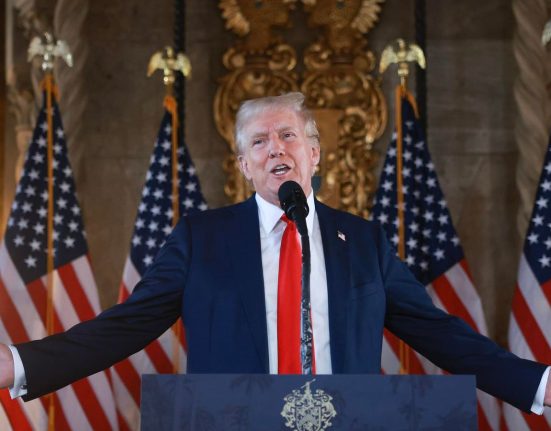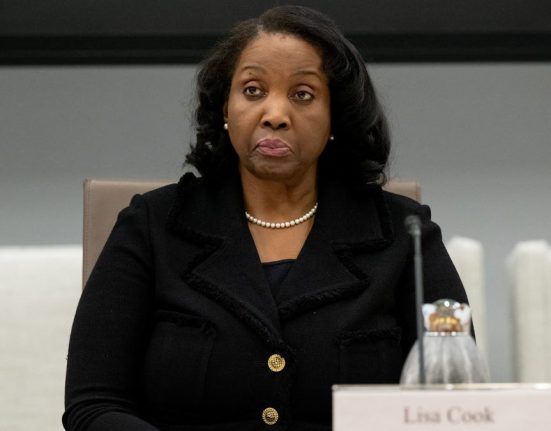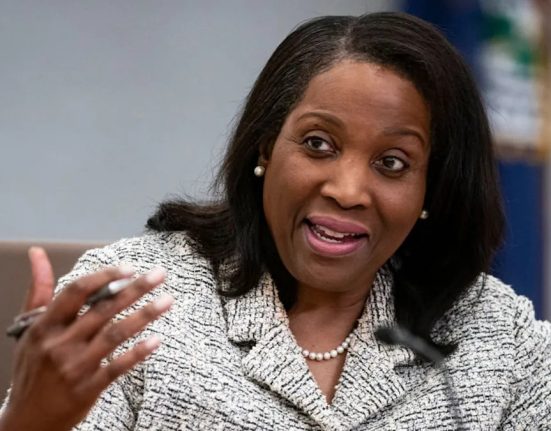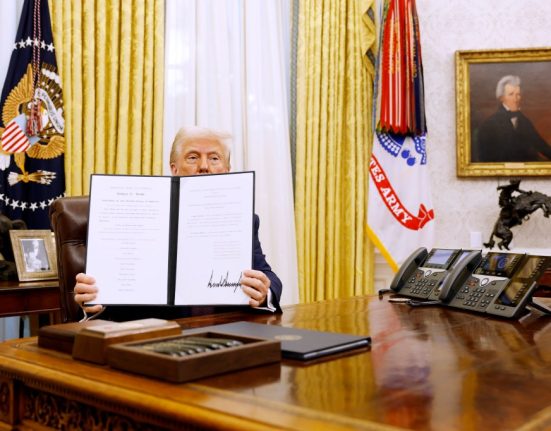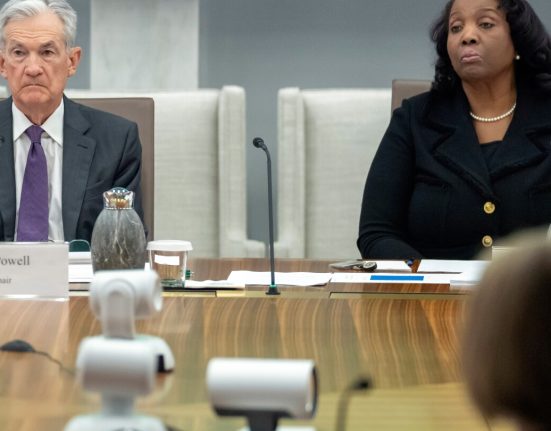With Donald Trump’s open support for Russia and his turning away from Europe and NATO, the question of the credibility of the American nuclear promise has taken center stage.
Unlike during Trump’s first term in office, however, this time Europe has recognized the dramatic nature of the situation and developed ideas to strengthen the British and French nuclear deterrent. Both European nuclear powers want to intensify their nuclear consultations and, in addition, French President Emmanuelle Macron has once again called for a dialogue between nuclear and non-nuclear states in Europe.
Germany is open to such a dialogue. The German British Defence Agreement (Trinity House), concluded in autumn 2024, already explicitly provides for an exchange on nuclear issues.
Friedrich Merz, Germany’s designated chancellor, also spoke out in favor of the nuclear dialogue proposed by Macron at an early stage. The idea of such talks is to send a signal of commitment and determination not only to Moscow, but also to Washington.
This is not (yet) about replacing the American “extended deterrent” with a European version as it is far from certain that Washington will close the nuclear umbrella over Europe, especially as the damage to the USA itself would be considerable.
The goal of nuclear non-proliferation, which America has always pursued, would be jeopardized and new nuclear states could emerge in Eastern Europe or Asia, for example.
However, the Trump administration is not known for taking the negative consequences of its own impulsive actions into account in advance.
What could Germany bring to such talks, and what would be its contribution to strengthening a European nuclear deterrent?
There’s certainly nothing along the lines of Germany attempting to develop its own nuclear weapons. Germany has repeatedly and formally renounced this option and, apart from a few academics, there is no politically serious voice in Berlin that would want to change this – not to mention the enormous costs of such a project.
Even the conceivable possibility of stationing French nuclear weapons on German soil – similar to the U.S. nuclear bombs in deployed in Germany – is currently only a theoretical one.
Paris has not yet abandoned its long-standing skepticism towards the idea of a nuclear umbrella for non-nuclear allies and sees nuclear weapons as a strictly national matter.
Furthermore, France only has around 40 nuclear cruise missiles and the same number of land-based, nuclear-capable Rafale fighter-bombers. The rest of the approximately 290 French nuclear warheads are intended for use at sea – either from submarines or with Rafale bombers from the aircraft carrier “Charles de Gaulle.”
The British nuclear arsenal is stationed exclusively on submarines.
What Germany can offer London and Paris, however, is to contribute to the considerable costs of both countries’ nuclear capabilities.
Back in May 2017, the Scientific Service of the German Parliament analyzed the co-financing of foreign nuclear weapons potentials from the federal budget in a publicly accessible report.
This assessment was commissioned by parliamentarians because the question of the reliability of the American nuclear commitments had already arisen during President Trump’s first term in office.
The report concluded that the Nuclear Non-Proliferation Treaty (NPT), which has been binding for Germany since 1975, does not contain a ban on support or funding from non-nuclear states for nuclear powers. Nor can such a ban be derived from the Two-Plus-Four Treaty, in which Germany’s non-nuclear status is enshrined, or from general international law.
Only some international treaties on “nuclear-weapon-free zones” contain indirect prohibitions on assistance. However, Germany is not a party to such treaties.
Apparently, Germany has not yet provided such nuclear co-financing, even though there were occasional rumors that the Federal Republic had provided financial support for the development of Israel’s nuclear weapons potential in the 1950s and 1960s. However, such rumors have never been substantiated.
What follows from all this is that financial support for British or French nuclear deterrence is possible in principle. Of course, this would only take place if a direct link were established between the nuclear weapons potential of both countries and the security of Germany and Europe.
The corresponding benefits and counter-benefits would have to be set out in legally binding bilateral agreements. It is worth noting that the German Federal Ministry of Finance has already created a branch called “Geo-Economics and Security Policy” in order to assess the various financial implications of the new security challenges – this branch could conceptually assess the implications of such an agreement.
If Germany were to include such an option in the planned dialogue between nuclear and non-nuclear states, the talks would immediately be elevated to a politically concrete and presumably mutually beneficial level. It would also be an example of a strategically forward-looking German security policy – something that has not often been the case in Berlin in the past.
Karl-Heinz Kamp is an associate fellow of the German Council on Foreign Relations and was president of the Federal Academy for Security Policy.


